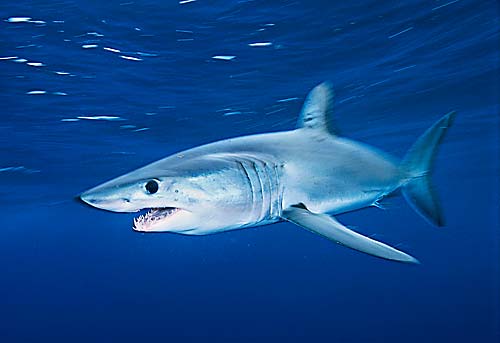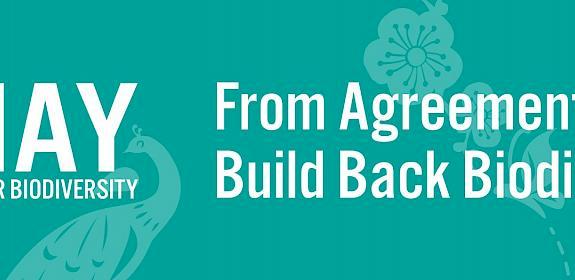Australia ignores threatened sharks in the name of sport
Australia, 29th January 2010—Australian Federal Environment Minister Peter Garrett has decided to change the law so Australia can avoid its international obligations and allow threatened sharks to be caught in Australian waters, WWF-Australia and TRAFFIC warned today.

Minister Garrett has decided not to list the Porbeagle, Longfin Mako and Shortfin Mako sharks under Australia’s Environmental Protection and Biodiversity Conservation Act (EPBC), despite current legislation requiring this when a species is listed under the Convention for Conservation of Migratory Species (CMS).
All three sharks were recently added to the international convention following warnings from scientists that populations of these species could collapse from overfishing.
Following lobbying from recreational fishing and charter boat operators, the Government intends to change its commitment by amending the EPBC legislation when Parliament sits next week, potentially removing protection for other migratory species.
“Australia is a longstanding signatory of the Convention for Conservation of Migratory Species and has committed to protect listed species with Australian legislation—applying the EPBC act to those species as they migrate through our waters,” said Glenn Sant, Global Marine Programme Leader of TRAFFIC (IUCN and WWF’s wildlife trade network) and a Vice-Chair of the IUCN Shark Specialist Group.
“We are deeply concerned that the Australian Government has decided not to offer these species any increased protection despite the fact that they have been internationally listed under the CMS and recognized as globally Vulnerable on the IUCN red list.”
Recent reports indicate that mako catch rates in the Western Central Pacific have been steadily declining.
In Australian waters, the Australian Fisheries Management Authority has also identified one mako species as potentially at high risk from fishing.
“These figures bring into question the Australian Government’s claims this week that there is no cause for concern for these species,” said Sant.
“We are deeply worried that changing the EPBC Act could potentially remove protection from other migratory species that pass through our territory. The Government must explain clearly to Australians what the implications of any such change would be. This is no trivial matter.”
The changes to the EPBC Act are being made despite Federal Government policy stating that Australia manages its fisheries using the precautionary principle.
“If this government is serious about living up to its own policy and the obligations it has signed on for, it should stop the hunting of these listed species until a complete review of their status in Australian waters has been carried out,” said Sant.
“This decision should concern all Australians. It sends a message that protecting threatened migratory species in Australian waters is not a priority.



